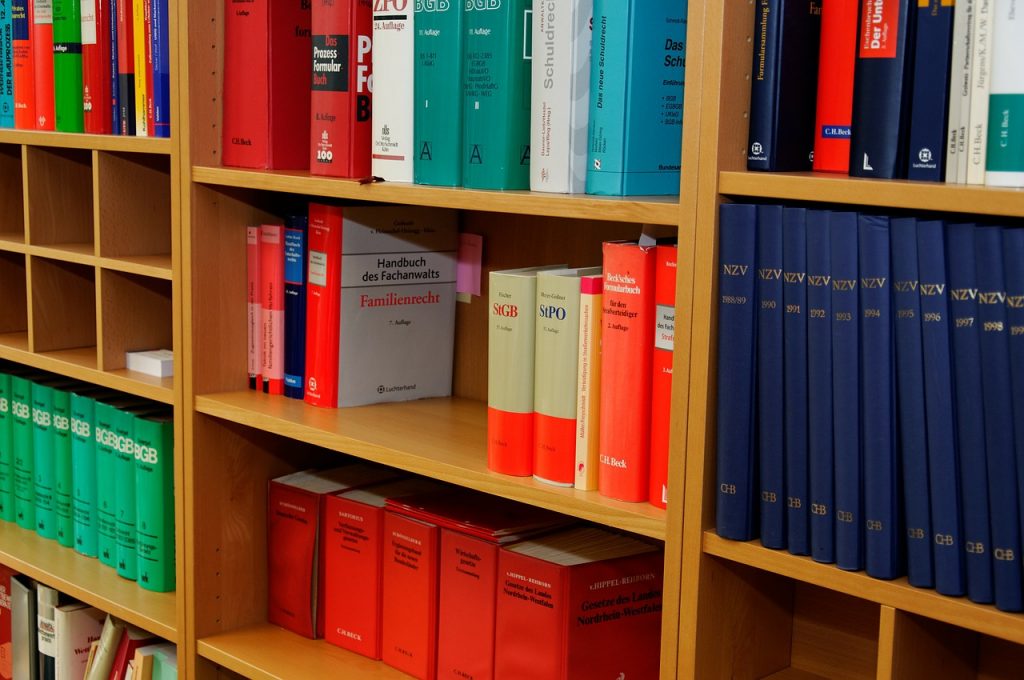There are dozens of areas of the law — Administrative Law, Zoning Law, and everything in between. Aware that the law is becoming increasingly specialized, prospective clients often seek lawyers that specialize (or claim to) in the area of law that the client believes is applicable.
It is easy to forget that no matter what context a dispute arises in, our legal system offers one primary method by which to resolve it – the trial. The lawyer that can make a complex situation both simple and interesting usually wins.
Read: Litigating Like the Viet Cong: How to Win Against an Opponent with Vastly Superior Resources

Whether the trial lawyer represents a corporation in a trademark dispute, a property owner in an easement case, a party in a probate dispute, a partner in a business dispute, or an injured person in a negligence action, the rules of evidence, the rules of procedure, and the rules of persuasion are identical. The ability to frame issues, read people, speak intelligently (and concisely), show sincerity, prepare witnesses, simplify concepts, analyze arguments, and think quickly will serve the trial lawyer well no matter what type of case is at issue.
A lawyer with expertise in one substantive area of the law may have little or no experience in litigation or trial work, but most disputes not settled by agreement will end in litigation. And disputes not settled during litigation will end with a trial before a judge or a jury.
When litigation appears possible it is important to consult an experienced trial lawyer right away. He or she can explain the litigation process, assist in obtaining critical evidence, and provide invaluable guidance so that if the dispute ends in litigation the client is in the best possible position. An experienced trial lawyer can also advise clients concerning the expense of litigation and attempt to negotiate a favorable settlement that will help the client avoid the expense and risk that come with litigation.
A party to a dispute that fails to consult an experienced trial lawyer until after litigation has begun may find that important deadlines have passed, that critical evidence has been lost or destroyed, that opportunities have been lost, or that the party has inadvertently made damaging admissions.
It is important to understand that while litigation and trials are related, they are not identical. Litigation is the process of preparing a case for trial. It begins when the plaintiff’s lawyer drafts and files a complaint and the defendant files an answer (and sometimes a counterclaim). The parties then exchange relevant documents and witness lists, after which they may engage in discovery (including depositions) and file motions. Sometimes the Court requires the parties to participate in mediation. That is what litigation law is about.
Most civil cases are resolved without a trial, either because the parties settle the case or the Court determines that it is able to rule in favor of one party without conducting a trial. Consequently, there are many talented litigators that have little actual trial experience.
As an Air Force Judge Advocate, a civilian prosecutor, and as a lawyer in private practice, Mark has tried more than 100 civil and criminal jury trials and litigated many more, with impressive results.
In 2012, Mark won a $4.2M award in a case filed on behalf of a Fort Collins software company that included claims for breach of contract and interference with contract; that judgment included nearly two million dollars in punitive damages. Read Story
Mark also presided over many bench and jury trials while serving as a Municipal Judge for the City of Boulder, and he continued to do so as Muncipal Judge for the Town of Lochbuie (in Weld County) for nine years.
He is an accomplished speaker, having successfully competed in Toastmasters contests for many years. The author of two mysteries published by Mysterious Press (Time/Warner) including one that was a Book Sense® mystery pick, he is a gifted writer, with a knack for explaining complex events and concepts clearly and concisely.
He is also a skillful storyteller and a highly respected Boulder trial lawyer. He serves on the Board of Editors of The Colorado Lawyer (Chair, 2012-2013). Because of his background and experience in legal writing, Mark also reviews appellate briefs and legal documents drafted by other lawyers.
If you are your organization are involved in a dispute that may result in litigation, please contact Mark right away.
Areas of Litigation
- Business Litigation and Business Torts
- Collection Litigation
- Commercial Litigation
- Contract Litigation and Breach of Contract
- Construction Litigation
- Corporate Veil Litigation
- Easement Litigation
- Fraud Litigation
- Farm and Ranch Litigation
- HOA (Homeowners Association) Disputes
- Intellectual Property and Trademark Litigation
- Mechanic’s Lien Litigation
- Property Litigation
- Probate Litigation
- Real Estate Litigation
- Shareholder Disputes
- Tort Litigation
- Unjust Enrichment and Other Equitable Claims
- Valuation Litigation
